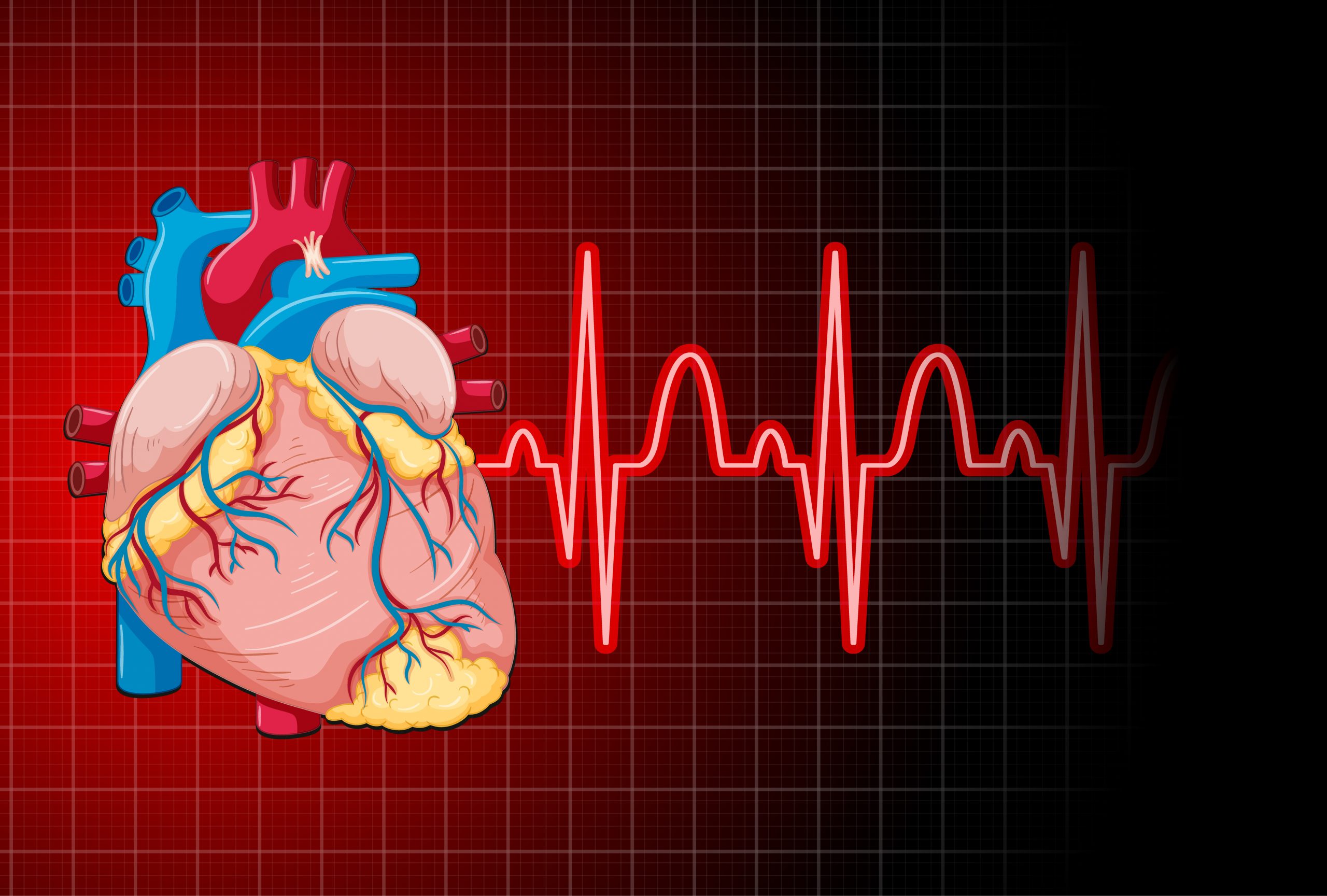

Researchers from King’s College London devised and validated the first end-to-end pipeline for fully automated analysis of huge, unstructured clinical and research database of cardiac magnetic resonance- CMR scan.
Many hospitals have huge CMR databases that, when linked with electronic health records, can provide important insights into treatment efficacy and shape future healthcare research and guidelines.
However, databases are frequently organized differently by different organizations and may contain missing or duplicated files, posing a considerable obstacle for data processing.
Previously, human curation and analysis by healthcare specialists would have needed a major time investment, whereas an AI tool can be taught to efficiently ‘data wrangle’ at scale, quickly assess quality, and translate data into standard forms and structures.
Researchers from the School of Biomedical Engineering & Imaging Sciences trained a generalizable AI algorithm on data from over 7000 CMR scans, with preliminary results demonstrating human-level accuracy for left ventricle and right ventricle segmentations across all major CMR scanner technologies, as well as for a wide range of cardiac diseases.
“The proposed framework is a fundamental step for the clinical translation of AI algorithms. In addition, it allows for retrospective analysis of large clinical (research) datasets and compared to other works it allows analysis of a much larger set of biomarkers for regional and global systolic and diastolic biventricular function from CMR scans.” – Dr Esther Puyol, Visiting Lecturer, Department of Biomedical Engineering
“This work addresses the under-exploitation of the large clinical CMR imaging databases that many hospitals worldwide maintain. These are incredibly rich resources, containing historical and longitudinal data from many thousands of patients. When combined with data from electronic health records they could provide valuable insight into the effectiveness of treatments to inform future guidelines.” – Dr Andrew King, Reader in Medical Image Analysis, Department of Biomedical Engineering
Future research will aim to extend this paradigm in order to identify biomarkers associated with systolic and diastolic function, as well as their potential links to patient therapies and healthcare outcomes.
more recommended stories
 New Blood Cancer Model Unveils Drug Resistance
New Blood Cancer Model Unveils Drug ResistanceNew Lab Model Reveals Gene Mutation.
 Healthy Habits Slash Diverticulitis Risk in Half: Clinical Insights
Healthy Habits Slash Diverticulitis Risk in Half: Clinical InsightsHealthy Habits Slash Diverticulitis Risk in.
 Caffeine and SIDS: A New Prevention Theory
Caffeine and SIDS: A New Prevention TheoryFor the first time in decades,.
 Microbial Metabolites Reveal Health Insights
Microbial Metabolites Reveal Health InsightsThe human body is not just.
 Reelin and Cocaine Addiction: A Breakthrough Study
Reelin and Cocaine Addiction: A Breakthrough StudyA groundbreaking study from the University.
 Preeclampsia and Stroke Risk: Long-Term Effects
Preeclampsia and Stroke Risk: Long-Term EffectsPreeclampsia (PE) – a hypertensive disorder.
 Statins and Depression: No Added Benefit
Statins and Depression: No Added BenefitWhat Are Statins Used For? Statins.
 Azithromycin Resistance Rises After Mass Treatment
Azithromycin Resistance Rises After Mass TreatmentMass drug administration (MDA) of azithromycin.
 Generative AI in Health Campaigns: A Game-Changer
Generative AI in Health Campaigns: A Game-ChangerMass media campaigns have long been.
 Molecular Stress in Aging Neurons Explained
Molecular Stress in Aging Neurons ExplainedAs the population ages, scientists are.

Leave a Comment